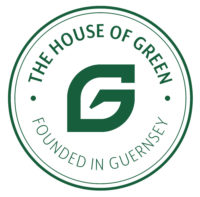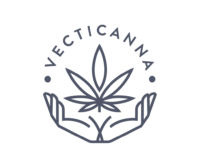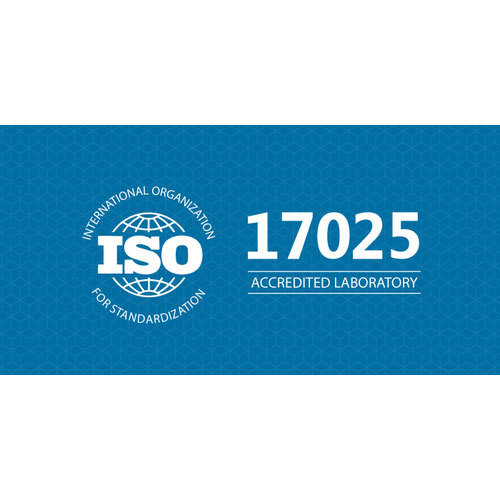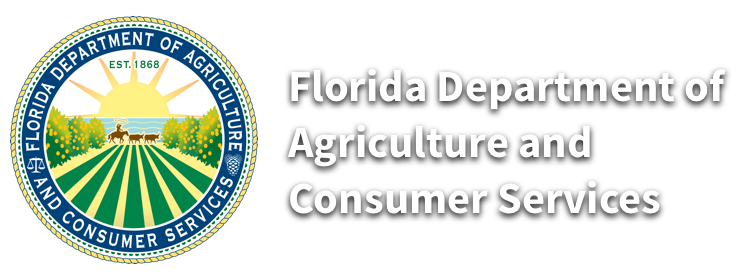These days, there are countless choices for cannabis operators when it comes to software. There are general tools like Trello, Airtable, Hubspot and Mailchimp. And then there is industry-specific software built just for cannabis operators.
The cannabis industry is fast-paced and highly regulated. So, there are certainly additional factors to consider in the search for software.
Because no two systems are exactly alike, it’s important to set up a decision-making framework in order to do a clean side by side comparison. Consider the following factors when evaluating software. Specifically, think about each one’s importance to the team and its ultimate goals.
1. Functionality
Functionality is the most important factor in the evaluation process. But, before the demos begin, take the time to identify the problems this new software should solve for the company.
Will it help you automate or optimize your processes or just offer basic features that won’t make a meaningful impact on the bottom line? (The whole point!)
2. Customer Support
For some, the level of customer support is an afterthought. The team that will use the software needs prompt, attentive support both during onboarding and after.
How does one evaluate the level of customer service a software company offers?
Questions like these will gather the info needed to make a decision:
- How many support specialists are there vs how many total customers?
- What’s the turnaround time for a support ticket?
- Can I schedule one-on-one calls after the onboarding period?
- Describe your onboarding process – how many sessions or hours do we get with your team?
Ideally, the software company takes support very seriously. Because if they don’t, here’s what happens: the team won’t use it or worse, costly mistakes will be made.
Another aspect seldom considered is the company’s industry expertise. Software vendors that stay up to date on changing regulations can provide much more value than those who don’t. Test their knowledge and see whether they would make a solid resource for you.
Software built for the cannabis industry is likely to provide this kind of support. Some industry-specific vendors, that provide cannabis cultivation software for instance, are able to answer their customers’ ongoing Metrc questions. They can become your right hand in solving compliance and, oftentimes, operational challenges.
3. Ease of Use
Always keep in mind who the end user will be. Is it someone who’s tech-driven or not at all?
The trick is to balance complexity with ease of use. If complexity is feared, there’s a risk for selecting software too simple. In this case, the value of automation and cost savings isn’t gained.
At the same time, it’s important to stay mindful of how complicated or difficult it will be for the team to adopt and use.
What does a typical day look like for employees and will the software be an approachable, useful tool for them?
4. Credibility
In a new, growing industry, there are many software vendors. How long have they been in business? Some have been around for years while others only months.
The last thing you want is for the software company to disappear off the face of the earth just when your team is on-boarded and trained. Also, beware of huge corporations that have turned their attention to the Green Rush and created a separate business unit just for cannabis. A lack of industry knowledge can be felt in the software application. If it’s being repurposed for our industry, chances are it won’t seamlessly work for our workflows.
Finally, ask what companies are currently using the software. Bonus points for recognizing any of them! It shows that established companies trust this vendor. In making the decision for which software to go with, this validation holds weight for many. Before signing a contract and implementing the new software, make sure to read the fine print!
5. Cost vs Value
At the top of everyone’s mind is price. In these tumultuous times, we’re all worried about the bottom line.
That said, review a software company for the value it can bring to your cannabis business. How much labor time will the software save due to its automation and streamlining? Is it quantifiable?
Budgeting for a more expensive software might actually make sense if the value is there. Crunch the ROI, to the best of your abilities, to see the impact its set of features can make.
6. Enhancements
How quickly and how often does the software provider innovate its product? Ask the company for examples of how they’ve listened and addressed requests for changes or additions to their software.
Also ask what their road map looks like for the year. What new features and changes will they be making?
Without updates, software can quickly become outdated and irrelevant. A perfect solution today is not a perfect solution two years from now. Select a vendor who’s committed to regular improvements.
7. Exit Strategy
Before signing a contract and implementing the new software, make sure to read the fine print!
Some companies will try to lock in a multi-year contract. Beware of contracts that will charge for early termination if you change your mind down the road.
Get the fine print and ask for clear terms of the commitment. In a fast-paced industry like ours, priorities and needs change often. Contract lock-up is not optimal.


































